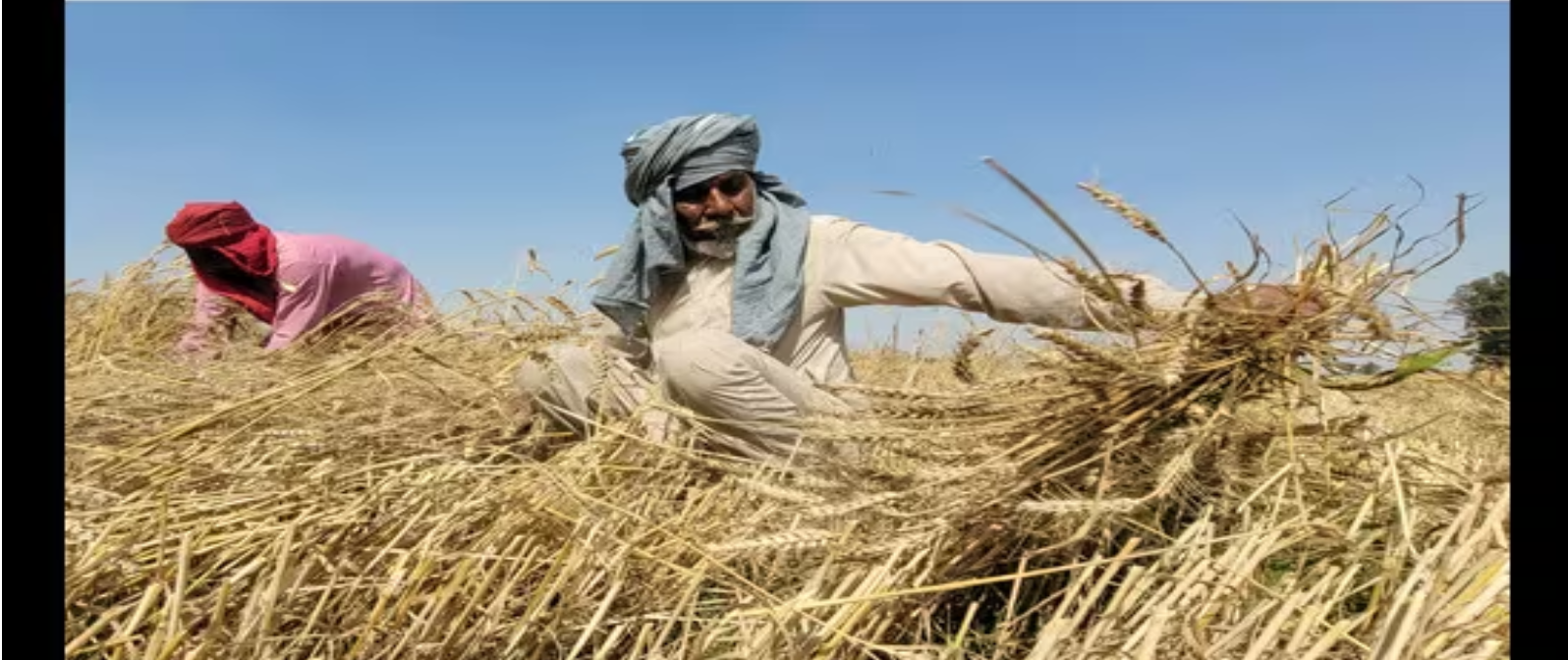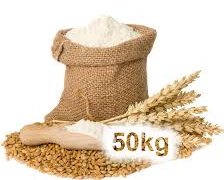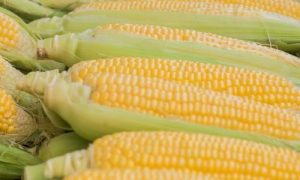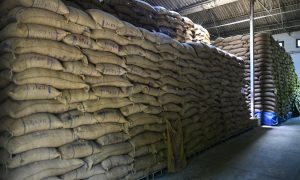Increase in wheat MSP: Punjab farmers reject hike for rabi crops as ‘peanuts’

Even as the Centre hiked minimum support price for wheat crop by ₹150, highest in the past six years, the farmers unions in Punjab have rejected the new MSP for rabi crop saying it does not account for the true cost of production.
On Wednesday, the cabinet committee on economic affairs announced revised MSPs for winter-sown crops for 2024-25 marketing year.
Punjab farmers grow two major crops — mainly wheat and mustard — in the rabi season starting from November onwards post harvesting paddy.
With an increase of ₹150, the MSP of wheat has been revised from ₹2,125 to ₹2,275 (a hike of 7%). The committee has also mentioned ₹1,128 as expected cost of wheat production per quintal than last year’s ₹1,065.
Meanwhile, effecting an increase of ₹200, the MSP for mustard has also been increased from ₹5,450 to ₹5,650, with an expected cost of production of ₹3,050
Bhartiya Kisan Union (BKU) (Dakaunda) state president Buta Singh Burjgill said the increase in MSP of rabi crop especially of wheat is meagre as the Central committee fails to take note of increasing inflation.
“The cost of production has increased by ₹63 from ₹1,065 per last year to ₹1,128 for producing one quintal of wheat and thus the effective hike is only of ₹87. However, the actual cost of production on the ground is much higher than expected cost mentioned by the committee,” said Singh said.
He added that the Centre could have given an appropriate tribute to noted agronomist and agricultural scientist Dr MS Swaminathan, who passed last month, by announcing new MSP for rabi crops as proposed by him in his report submitted to the Centre as a head of the National Commission on Farmers (NCF).
Sukhdev Singh, general secretary of BKU (Ugrahan), said farmers have been asking the Centre to adopt a formula recommended by NCF chairperson MS Swaminathan.
“The Centre has not adopted a scientific approach while proposing the pricing for different crops. The government is not offering MSP on the C2 (comprehensive cost) and 50% profit,” he said.
He added that the production cost is much more than what’s mentioned by the Centre.
“Instead, the government should have provided an MSP that accounts for the basic cost incurred on production and an additional 50% profit,” he said.
The C2 formula of calculating cost of cultivation includes the input cost of capital and the rent on the land to give farmers 50% returns.
Another farmer Santokh Singh said the increased rate will not help farmers as the ground reality is different.
“Though the government buys wheat on MSP, the mustard growers face much difficulty in selling their yield at MSP. Last year, the prices of mustard crashed in Southern belt of Punjab due to which the farmers faced huge financial losses,” he said.
‘Govt has increased the MSP to woo farmers’
The increase of ₹150 in wheat crop for next financial year is the highest in the past six years.
For rabi crop marketing year 2019, the MSP was increased by ₹105, followed by ₹85 in 2020, ₹50 in 2021, ₹40 in 2022, and ₹110 in 2023.
Burjgill said the Union government has increased the MSP to woo farmers in upcoming assembly elections in five states and Lok Sabha elections next year.
As per the cabinet committee on economic affairs, the expected cost of production refers to cost which includes all paid costs such as those incurred on account of hired human labour, bullock labour/machine labour, rent paid for leased in land, expenses incurred on use of material inputs like seeds, fertilisers, manure, irrigation charges, depreciation on implements and farm buildings, interest on working capital, diesel/electricity for operation of pump sets etc., miscellaneous expenses and imputed value of family labour.














